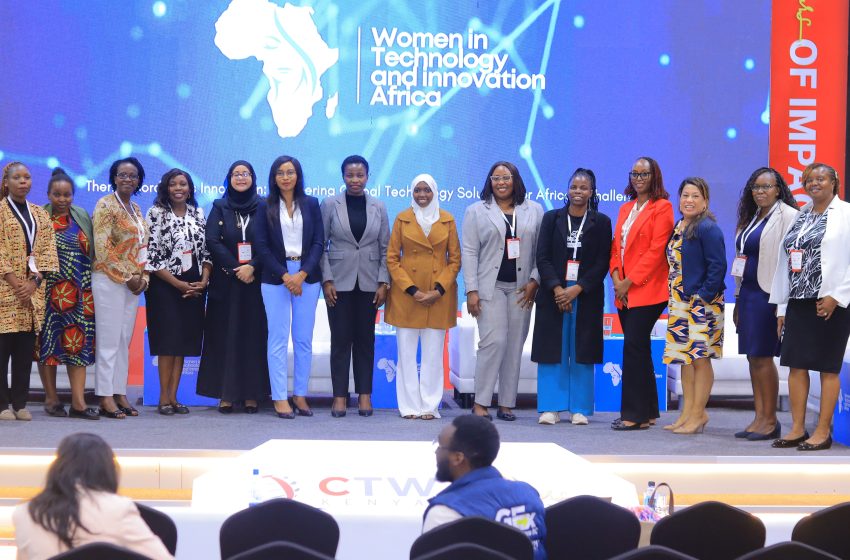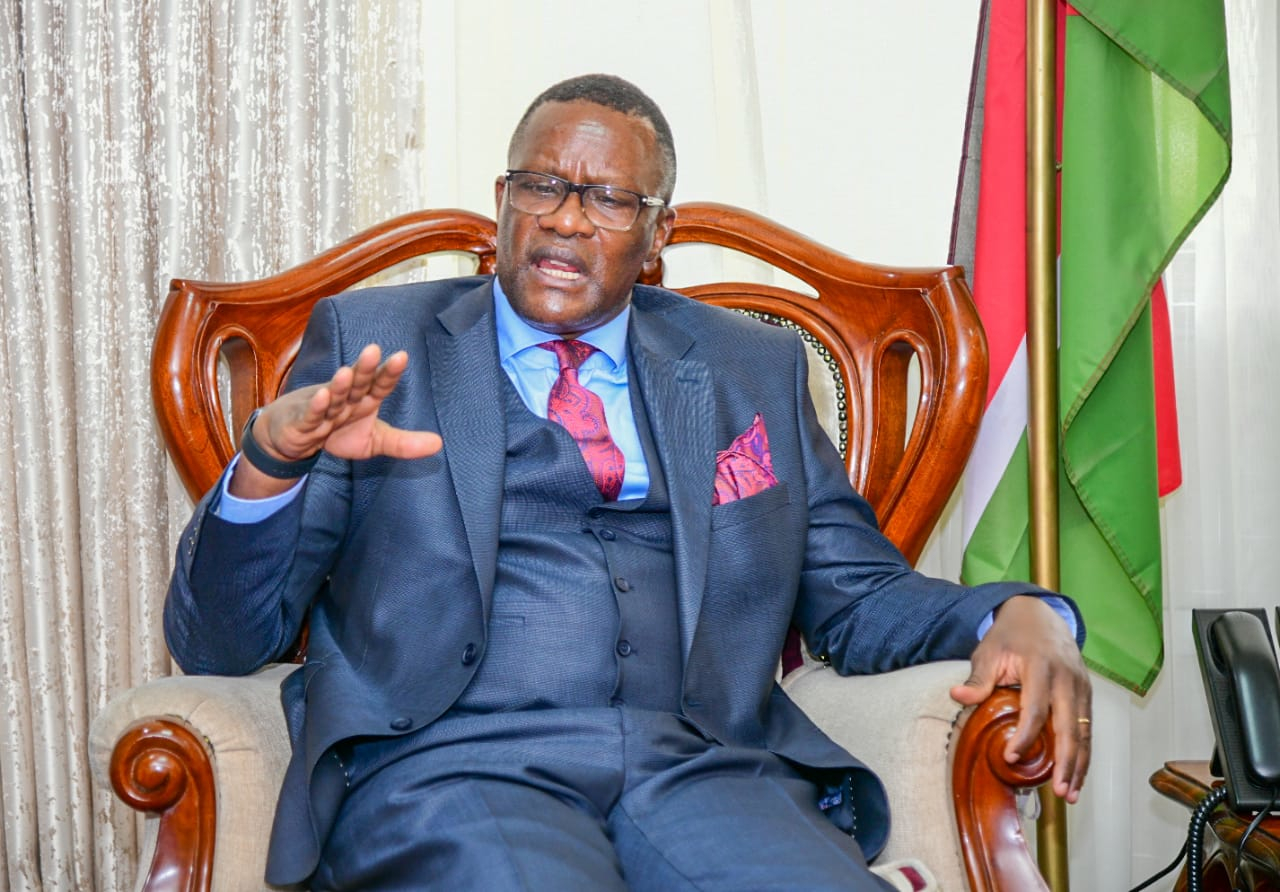
Women in STEM urged to power Africa’s Innovation and Economic Growth
Women leaders in STEM (science, technology and enterprise) have called for deliberate efforts to position women and emerging enterprises at the heart of Africa’s innovation and economic transformation today at the Kenyatta International Convention Centre, Nairobi.
Speaking during the Women in STEM Africa Summit in Nairobi, Ms Joyce Muthoni, the Chief Executive Officer and Co-Founder of Women in Technology and Innovation Africa (WITIA), urged women and girls to take charge of the continent’s future by embracing leadership roles in science and innovation.

Ms Muthoni observed that although women’s participation in science, technology, engineering, and mathematics (STEM) has been growing, systemic barriers such as limited access to education, mentorship, and funding still persist.
She emphasised the need to reimagine innovation ecosystems by dismantling outdated mindsets and creating inclusive platforms for African women.
“You are not the leaders of tomorrow you are the leaders of now,” she told participants, pointing to role models such as Dr Gladys Letich in aerospace, Esther Kimani in agri-tech, and Nnebi Chiboy in digital literacy as proof of women already shaping solutions across the continent.
Ms Muthoni said WITIA is working to build innovation infrastructure through smart libraries, regional mentorships and digital upskilling programmes.
She called on government agencies, academic institutions and private sector partners to invest more deliberately in girl-centred STEM initiatives.
Reinforcing this agenda, Ms Lilian Kiambati, a senior engineer at Safaricom, said technological innovation is essential for closing inequality gaps, particularly in rural communities.
“Technology has evolved, but many still lack access. We must integrate digital literacy into early education to ensure no child is left behind,” she said.
Ms Kiambati revealed that Safaricom has launched six initiatives targeting women in tech, including mentorship, robotics training, internships and outreach to schools.
“These interventions have increased women’s participation in tech roles at the company from 8 to 26 per cent, and we are aiming to reach 40 per cent in the near future,” she said
She also called for ethical digital ecosystems that uphold data privacy and promote responsible artificial intelligence, ensuring innovation supports rather than sidelines African women.
Meanwhile, in a related event during the China Trade Week held in Nairobi, Mr James Mureu, Chairperson of the Micro and Small Enterprises Authority (MSEA), called for a shift in language and mindset in the enterprise space.
He proposed replacing the term “micro and small enterprises” with “emerging enterprises”, saying the current label downplays their economic contribution.
“Small businesses are not marginal. They contribute over 40 per cent of Kenya’s GDP and employ 90 per cent of the workforce. These are not informal actors; they are the engine of our economy,” said Mr Mureu.
He challenged the Kenya Revenue Authority (KRA) to acknowledge the sector’s contribution through indirect taxes and urged policymakers to include the voices of small business owners in national planning.
Citing lessons from the resilience of Chinese investors, Mr Mureu encouraged local enterprises to seize regional trade opportunities under the African Continental Free Trade Agreement (AfCFTA).
He highlighted government-backed programmes such as Kenya Youth Employment and Training (KJET) and the National Youth Opportunity for Transformation and Advancement (NYOTA) as tools to empower youth and women entrepreneurs.
“Women, in particular, demonstrate high levels of business accountability and sustainability. They must be central to our enterprise development policies,” he said.
Mr Mureu warned that without embracing digital platforms such as mobile banking, social commerce and e-commerce, many businesses risk being left behind in the digital economy.
He officially opened the trade exhibition by urging entrepreneurs to abandon self-limiting terms and rebrand themselves as the growth drivers of Kenya’s economy.
The two forums, though distinct in focus, echoed a shared message that the continent’s transformation depends on inclusive innovation and the empowerment of women and small businesses.
Stakeholders are committed to enhancing collaboration, reforming policy frameworks, and strengthening innovation ecosystems to unlock Africa’s full potential.









